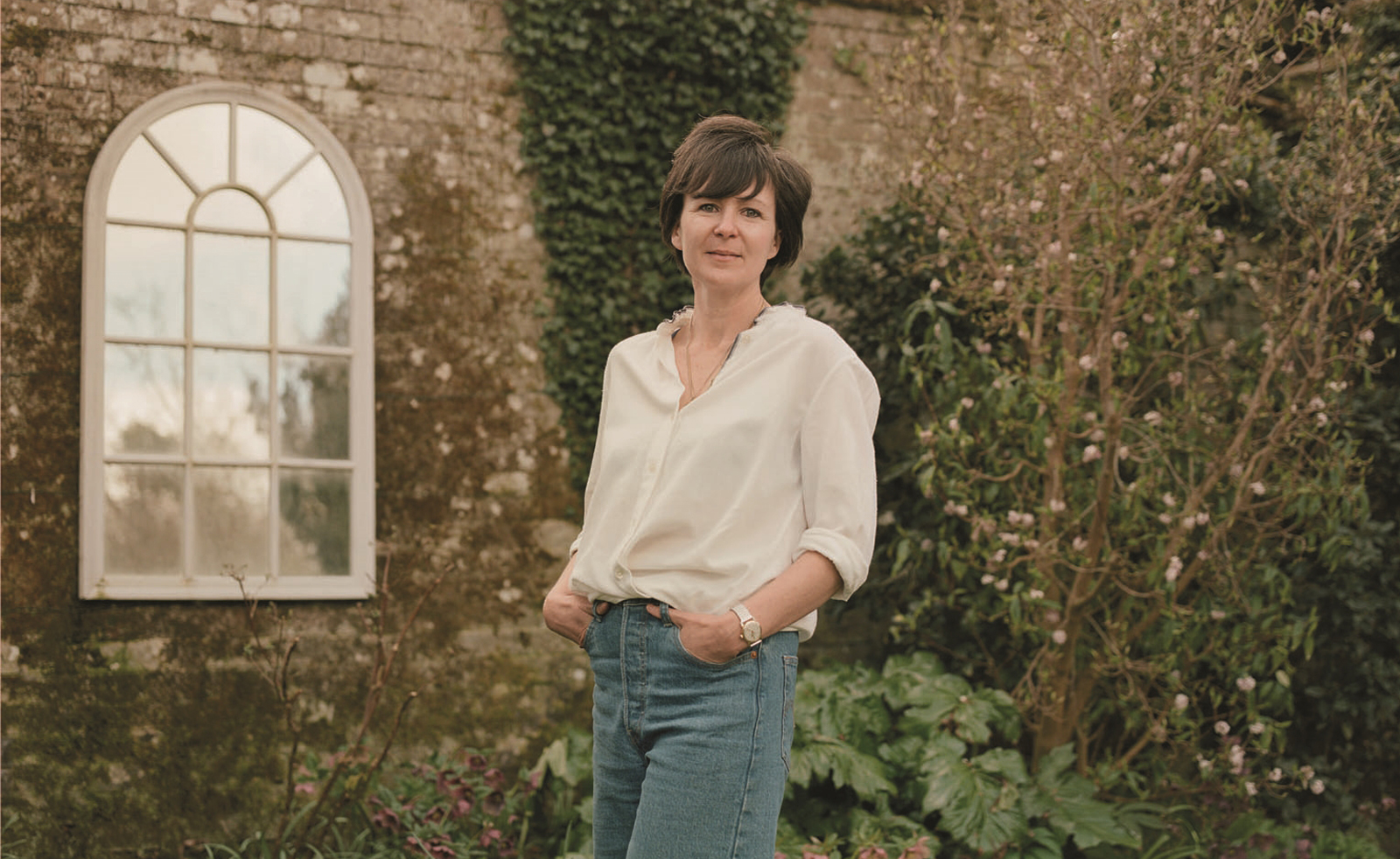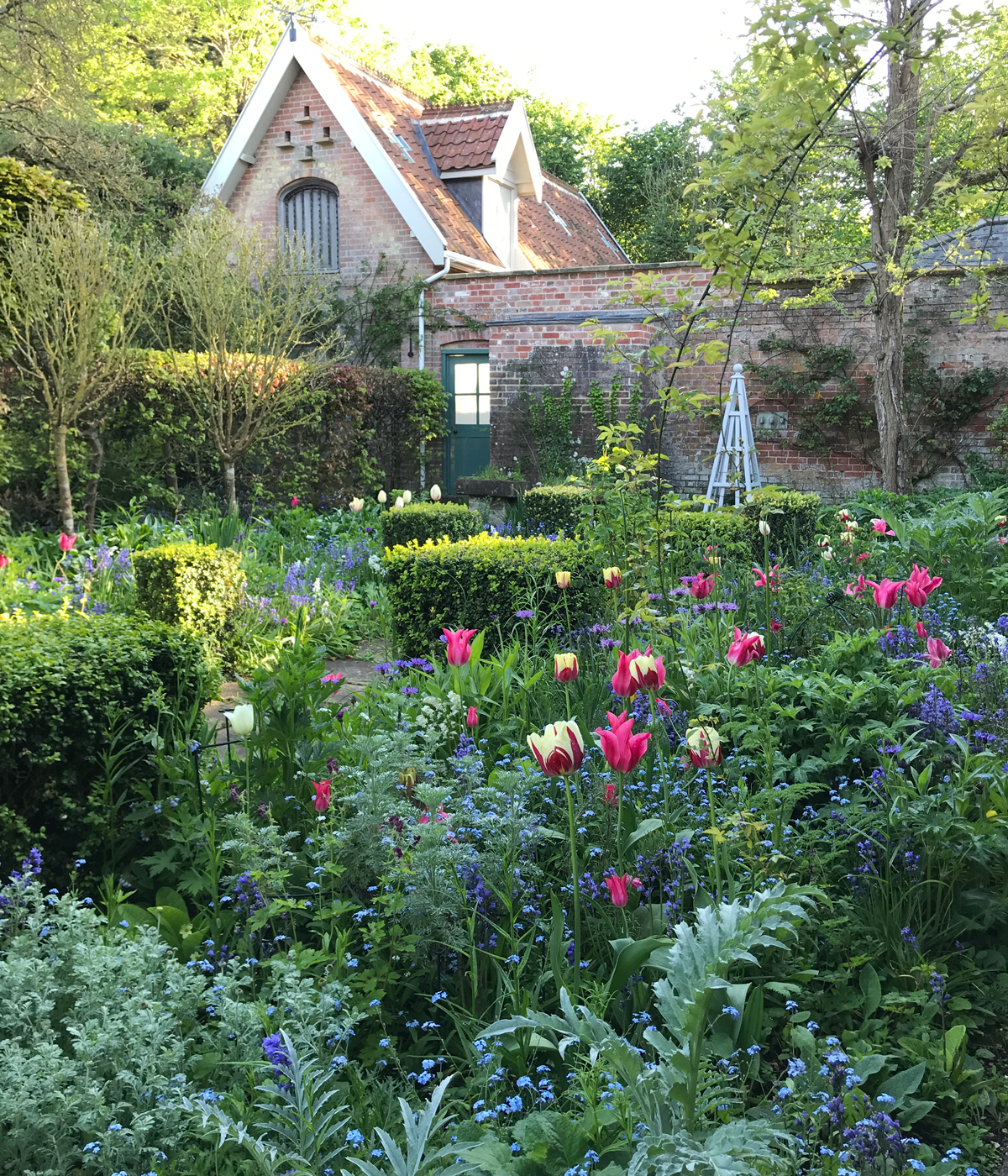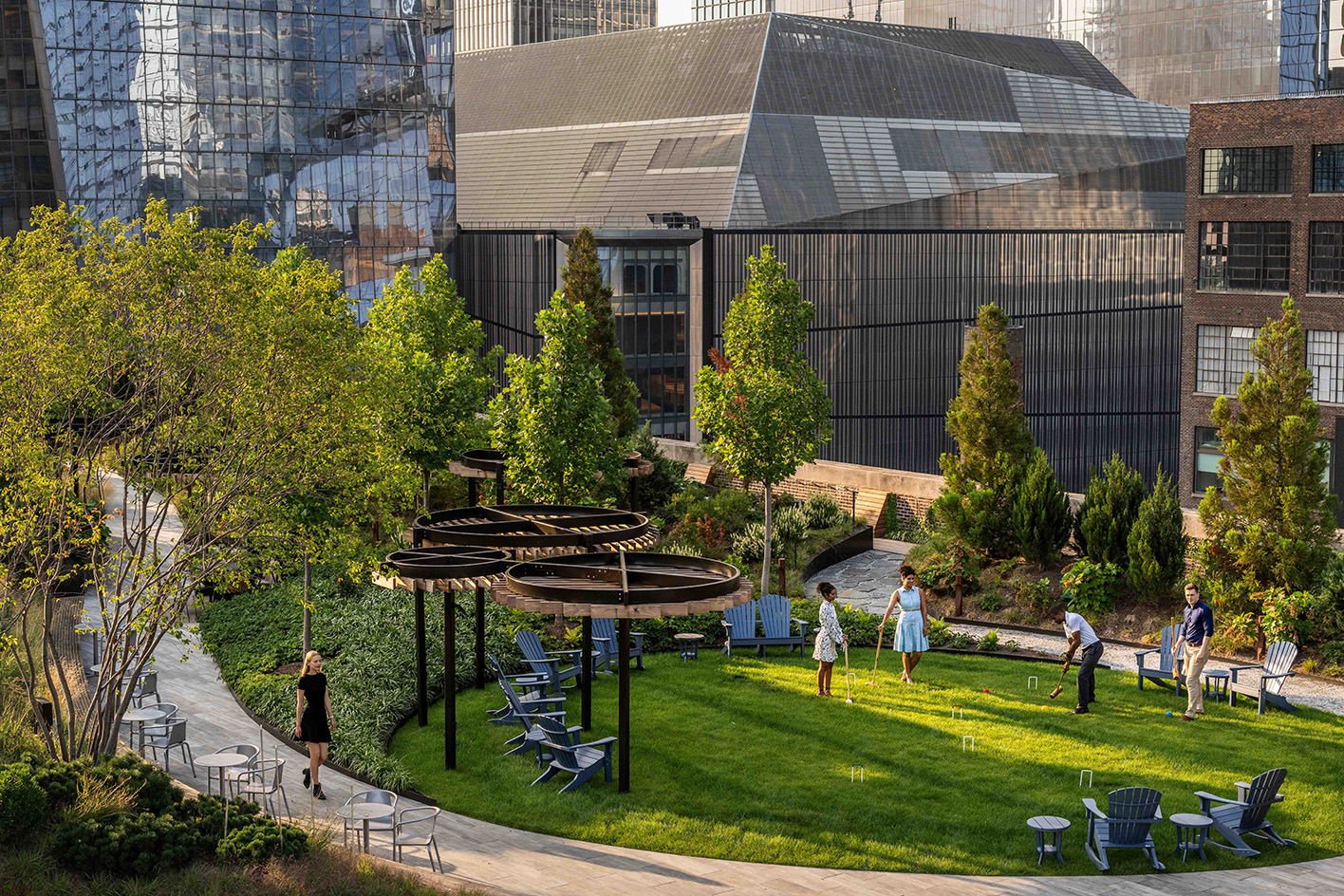
‘Gardening is a really interesting activity to do alongside writing,’ says author, Olivia Laing when we speak before the release of her latest book, The Garden Against Time. ‘You're editing all the time and you're making something, then you're looking at it and seeing what doesn't work and stripping it away. Gardens are really interesting, because they pull you into the present moment. That's very relaxing when we're thinking about the future all the time. But also they're cyclical. So there's a sense that things decline, but then they return - I have found that deeply uplifting, especially during the conditions of the pandemic and everything that followed it.’
The garden felt like a natural focus for Laing, who began to restore her own walled garden in Suffolk in 2020. Once a magical, wild sanctuary, it had endured years of neglect by the time Laing moved in. Overwhelmed and inspired, she determined to document not only the progress of the garden itself, but also trace its place in history, digging through its social, political and historical roots.

‘One of the things that I really wanted to explore is the ways that gardens look really benign – they don't look like a statue of a slave owner,’ adds Laing. ‘But they've got all of these hidden relationships with colonialism, and with enclosure. They're a place that people have used to basically launder their money, burnish their reputations, rise up the class ladders. The tradition of grand garden making is pretty shady. But at the same time, the garden can be this really radical place, there are queer gardens that have been sites of sanctuary, there have been gardens in wartime which can be amazing refuges. So I wanted to lay out the truth about what gardens can be; in a more negative sense, but also pack it with these stories about gardens as antidotes to messed up capitalism.’
Laing draws on an eclectic roster of references, from Milton’s Paradise Lost to William Morris’ political awakening. Woven throughout are tributes to those for whom the garden was a way of making sense of the madness: Derek Jarman’s wild creativity in the face of his diagnosis, John Clare’s poetic tributes amongst his own descent. Here, too, is Laing’s story: amidst family, political and environmental upheaval, the garden and its lessons offer a respite.

‘The reason I called it The Garden Against Time is because we have this sense that things are only beautiful when they’re in their peak – massive flowers, beauty. But the thing with the garden really is when it's dying back and it's rotting, that's the time when it's nourishing soil and giving light to the microorganisms that feed it. So I think really spending time with those cycles teaches you about our larger interconnectedness, and our larger cyclical nature. It's not just the individual bloom that you're gardening for. It's the whole system that's making it, and shifting into that kind of network thinking is very vital, while we're thinking about climate change. It's not about the individual, it's about the whole community, and the whole community's health and vibrancy, so I found it quite a radical education, really learning to garden.’
'The Garden Against Time: In Search of a Common Paradise' by Olivia Laing is published by Picador UK and is available to buy at amazon.co.uk







